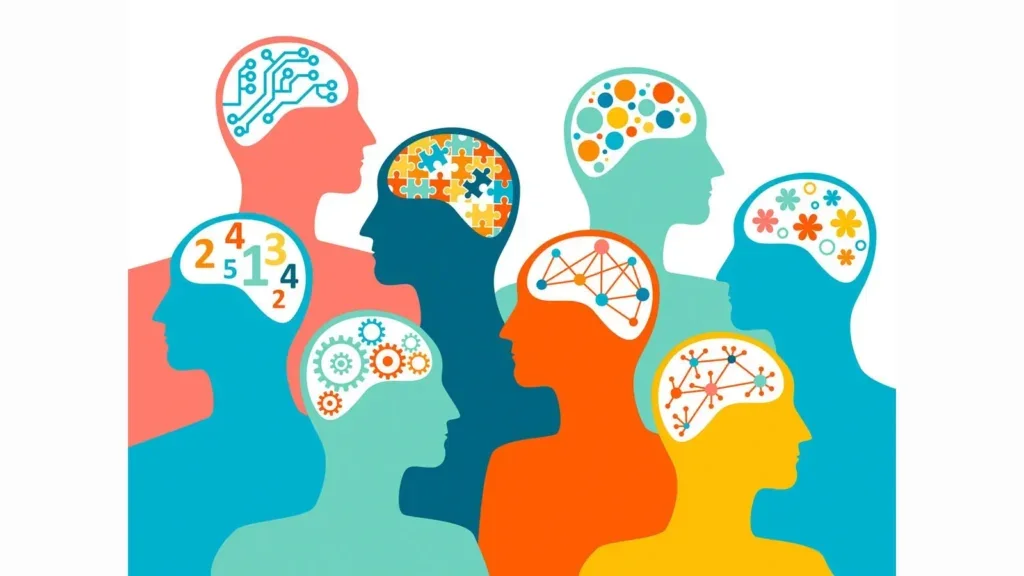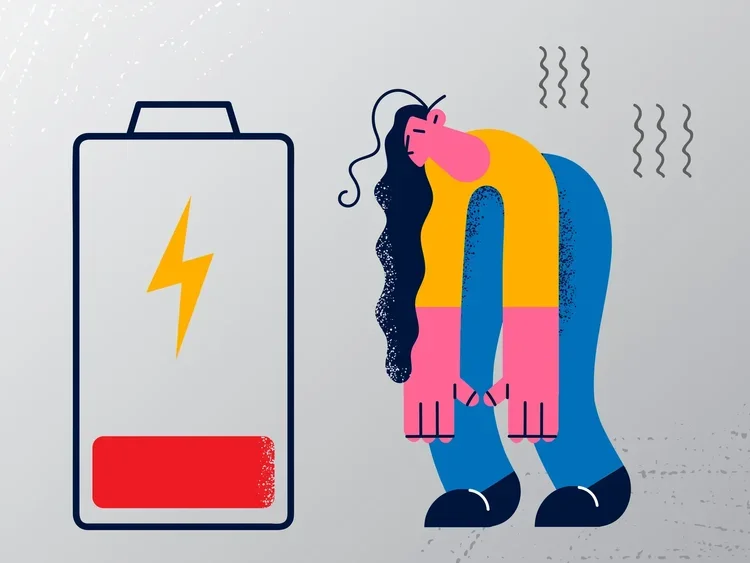Advocating for yourself when you live with mental health challenges can feel empowering—but it can also become draining when others refuse to understand your perspective. This post explores how to identify your needs, communicate clearly, set healthy boundaries, and recognize when self-advocacy is no longer productive. Learn how to protect your peace while still speaking up for yourself.
We aim to propel our clients towards a brighter future! Regulate Yours will help you identify areas of growth, provide feedback based on professional expertise, and guide clients to success with a clear plan of action.











